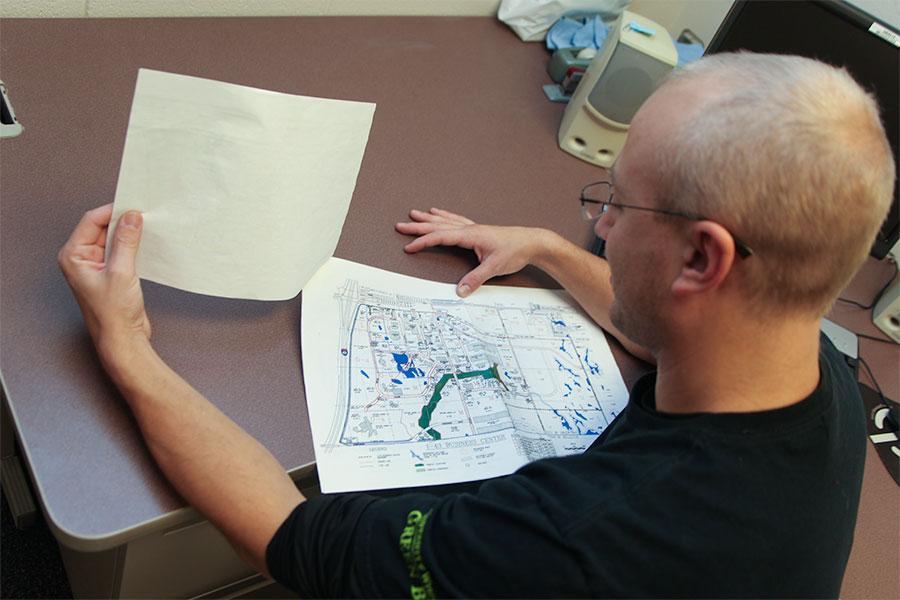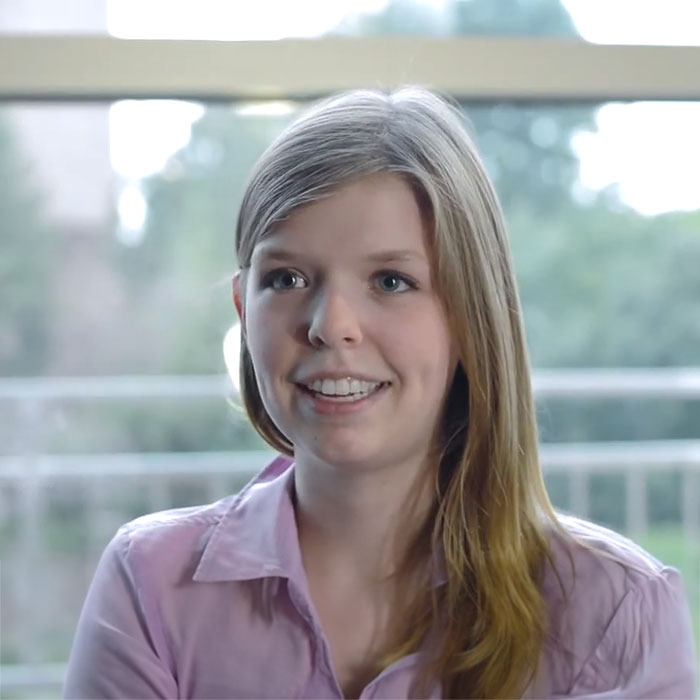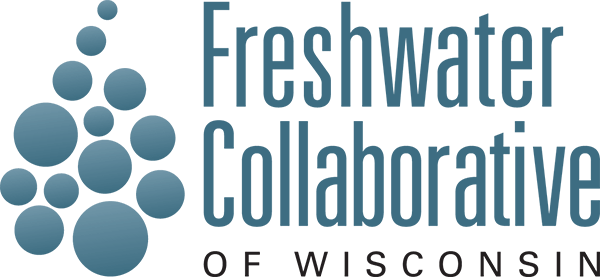UW-Green Bay will take the lead on a $508,000 grant for one of the first large-scale attempts to directly link in-field soil health parameters with intensive edge-of-field water quality monitoring across the Great Lakes Basin. The results of this work will provide direct management recommendations for improving the health and quality of the Great Lakes.
EMBI Grants
Fund Your
Initiative
Get support seeking sustainability grants.
At EMBI, we understand the challenges of securing funding for your environmental projects. That's why we're here to offer our expertise and support in navigating the complex world of grants and funding opportunities. Our team is dedicated to assisting organizations in identifying and applying for grants that align with their environmental initiatives.

Seeking Grants with EMBI
EMBI acts as a valuable resource and partner in the grant seeking process. We can't directly award funds, but our expertise and connections can significantly increase your organization's chances of securing grant funding for your sustainability projects. Here's how we EMBI can help.
Grant Proposal Development
EMBI can assist your businesses or organization with developing strong grant proposals for sustainability initiatives. Our expertise in environmental solutions, research capabilities, and understanding of funding priorities can be invaluable in crafting a compelling proposal.
Identifying Funding Opportunities
EMBI stays updated on relevant grant opportunities offered by government agencies, foundations, or private donors focused on sustainability. We then share this information with businesses and organizations aligned with those funding priorities.
Project Design & Impact Measurement
When developing a sustainability project, EMBI can help ensure it aligns with the goals of potential grantors. They can also advise on building strong metrics to measure the project's impact, which is often a key criterion for grant approval.

Success Story
During her internship, Beth helped to establish a recycling program, that was entirely funded through a grant she co-authored.
"It was great to use my classroom experience and apply that to a real world experience in an organization that has so many different ideas about sustainability but is overall really committed already to it. Working with EMBI and Green Bay Botanical Garden was a really great experience and I feel like it's really prepared me for going out and getting a career in environmental sustainability."
Beth Ledvina
EMBI Intern, Green Bay Botanical Garden
EMBI Grant Funded Projects
EMBI has experience identifying suitable grants and applying for them. Below are major grants EMBI was awarded to fund environmental projects.
$508,000 Grant to help Link Soil Health with Great Lakes Water Quality

$72,000 Grant from Freshwater Collaborative of Wisconsin
Freshwater Collaborative Student Internships through Collaborative Partnerships
This FCW funding focuses on career development around water-centric internships in collaboration with community partners. This project will build linkages between FCW programming and businesses, industries, and agencies across a 16 county-footprint focused on water-driven economies stretching from our campus in Sheboygan to the shipyards near the UW-Green Bay-Marinette Campus. Internships will help attract, retain and prepare students to help partners solve water challenges. Initially focused on collaboration across our campus communities, the program could become part of the statewide-FCW network linking students to professional opportunities more widely. Our Environmental Management and Business Institute and Career Planning Office support this project.
UW-Green Bay is a member of the Freshwater Collaborative of Wisconsin, a partnership that provides students with opportunities for water-related coursework, hands-on experiences, internships and research opportunities at campuses throughout the UW-System. Learn more at freshwater.wisconsin.edu.
$164,853 Focus on Energy Grant Helps Research Alternative Bio-fuel Resources
Maximizing Ecological Services and Economic Returns by Targeted Establishment of Biomass Grasslands for Electricity & Heat Generation in Wisconsin
Grass biomass production in NE Wisconsin has the potential to be more productive than row crop production. Our objective was to evaluate the economic and environmental outcomes of converting poorly drained, marginal agricultural areas into perennial, biomass yielding grasslands for electricity and heat Generation in NE Wisconsin. We targeted poorly drained, marginal cropland because establishing grasslands in these areas will maximize carbon (C) sequestration, reduce nutrient and sediment loading into aquatic systems, and could benefit from shared interest and cost-sharing with existing conservation programs, as well as potential phosphorus (P) trading opportunities.
We quantified and compared harvestable aboveground grass biomass and crop-grain yield in established upland and lowland native-species grasslands and crop fields. We modeled changes in erosion and stream water quality resulting from conversion of upland and lowland crop fields to native-species grasslands in NE Wisconsin watersheds. We also created an economic analysis of the combined value of harvestable aboveground production (biomass or grain yield) and ecological services (e.g., C- and P-sequestration and water quality changes) associated with converting upland and lowland crop fields into native-species grasslands for the LFR watershed. This study provides information critical for an informed discussion of the economic benefits and challenges associated with the implementation of biomass based energy production within NE Wisconsin.
Faculty Research
As an institute of UW-Green Bay, EMBI assists its faculty in focusing on academic, scholarly, and educational service outside the traditional degree structure by:
- Encouraging interdisciplinary modes of inquiry and collaboration across department and college boundaries.
- Providing laboratory support for student and faculty development.
- Making facilities and resources available to faculty and students that could not be supported economically by a single academic unit.
- Integrating the University with the community, fostering collaborations and partnerships with business and industry, community agencies, and governmental units.

Let's Explore funding
Whether you're working on projects related to renewable energy, conservation, pollution prevention, or any other environmental endeavor, we're here to help you seek the funding resources you need to bring your ideas to life.